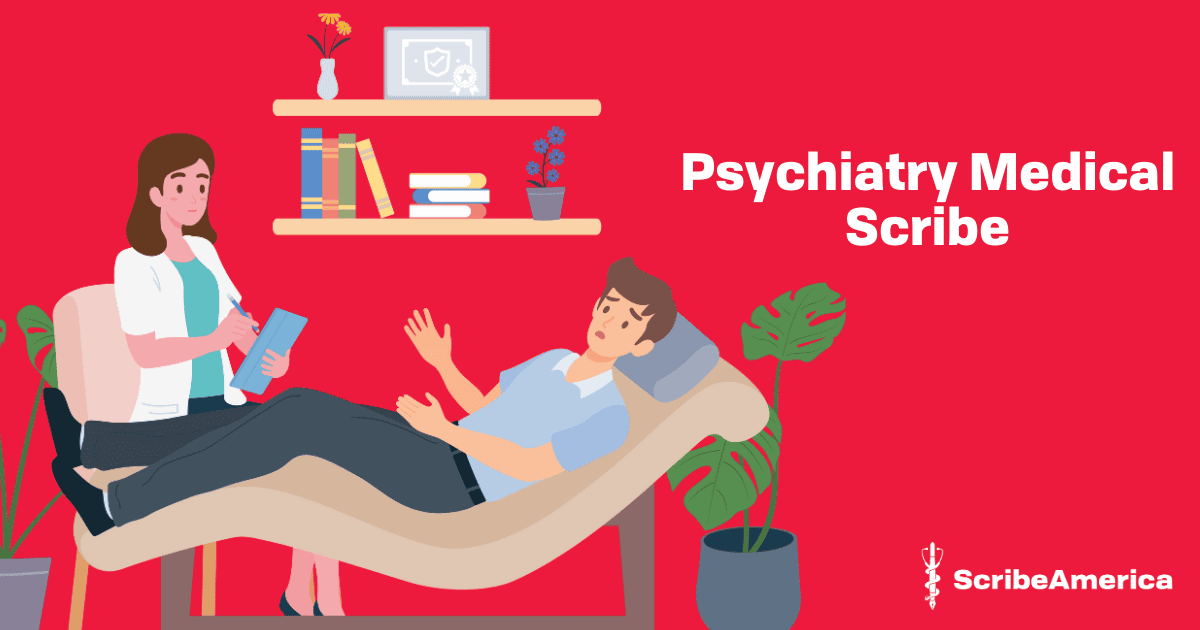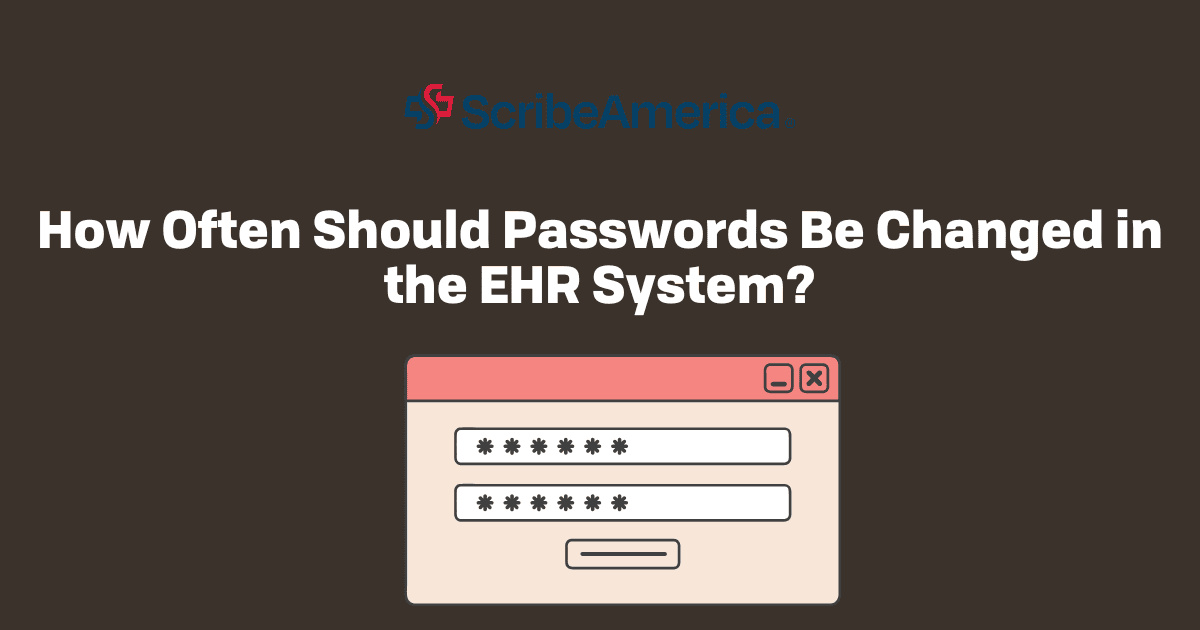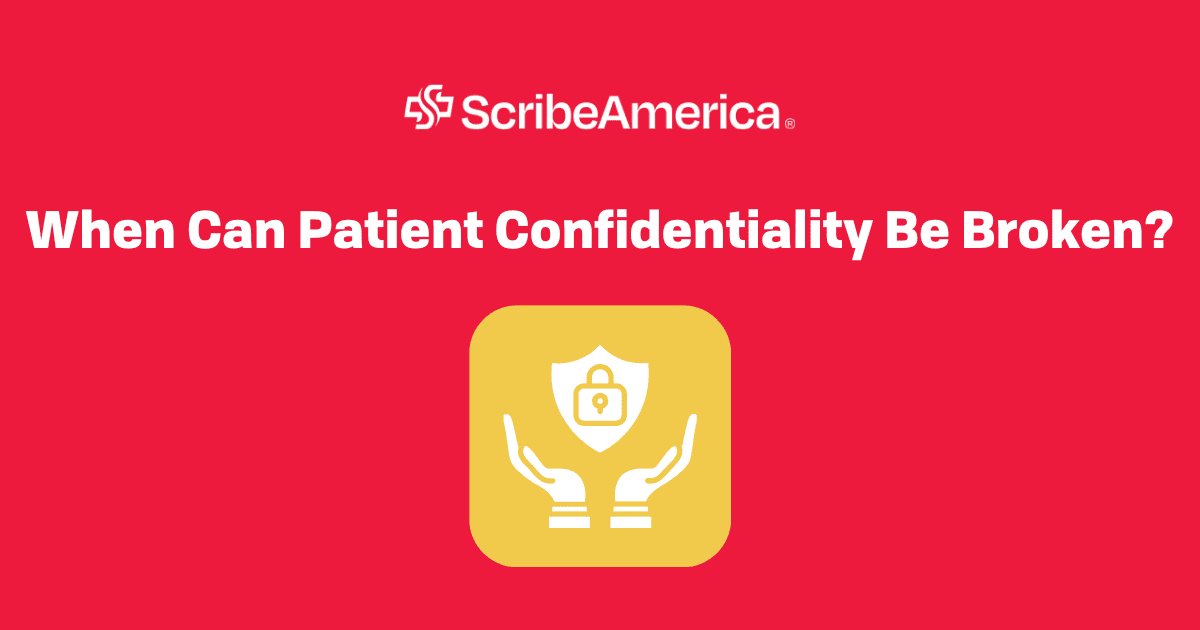A psychiatry medical scribe is a type of scribe working only with psychiatrists. Their role is to accompany the healthcare provider and support their interactions during visits and therapy sessions. In this article, we present this in more detail. We invite you to read on.
What Is a Psychiatry Medical Scribe?
Medical scribes can undertake multiple specialties, including psychiatry. Nevertheless, their duties are quite similar, with a psychiatry scribe being responsible mainly for the following:
- recording patient-psychiatrist interactions,
- inputting information into the EHR system,
- ensuring compliance with HIPAA regulations.
As such, they take the main responsibility for the administrative part of the job, letting psychiatrists focus purely on patient care.

Essential Skills for a Psychiatry Scribe
Psychiatry scribes need general medical scribe skills, such as:
- quick typing,
- stamina,
- excellent communication skills,
- knowledge of HIPAA regulations,
- ability to navigate EHR systems.
However, what distinguishes those working in psychiatry from general medical scribes is there are also some specialty-specific skills and traits they need to have. These include:
- background or knowledge in mental health and psychology,
- being able to adapt quickly to the changing circumstances,
- sensitivity, especially to the privacy and confidentiality of the patients and the general ethical aspects of mental health care.
As such, not all general-purpose medical scribes may thrive in this role, even though most requirements are the same for them.
Psychiatry Medical Scribe Jobs – Are They Worth It?
Becoming a psychiatric medical scribe requires a lot of sensitivity and adaptability; plus, it revolves fully around mental health care, not physical care. Thus, we recommend it mostly to those who would like to work as psychiatrists and psychologists in the future.
If you’re a pre-med student pursuing a career in medical health care, finding a psychiatrist medical scribe job will be a great experience for you. You’ll see real therapies and the everyday struggles of physiatrists, and you will learn the EHR systems in case you work without a scribe in the future. Additionally, this experience should increase your chances of getting accepted into medical school. Thus, applying for a psychiatry scribe position is a great idea!
However, if you still haven’t set your sights on a particular specialty (or you did, and it’s not related to mental health care), don’t recommend working as a psychiatry scribe. Instead, you can apply for general medical scribe positions or a specialty scribe in your area of interest.
The Takeaway
Knowing who a psychiatry medical scribe is, you can make a conscious choice—whether to pursue such positions or try your luck in a different specialty. Nevertheless, if you are looking for new opportunities, we recommend looking at our medical scribe job openings—you might find the perfect job there!
And if you are still considering whether it is worth it, we recommend reading our article on the top 5 reasons to be a medical scribe before med school!




